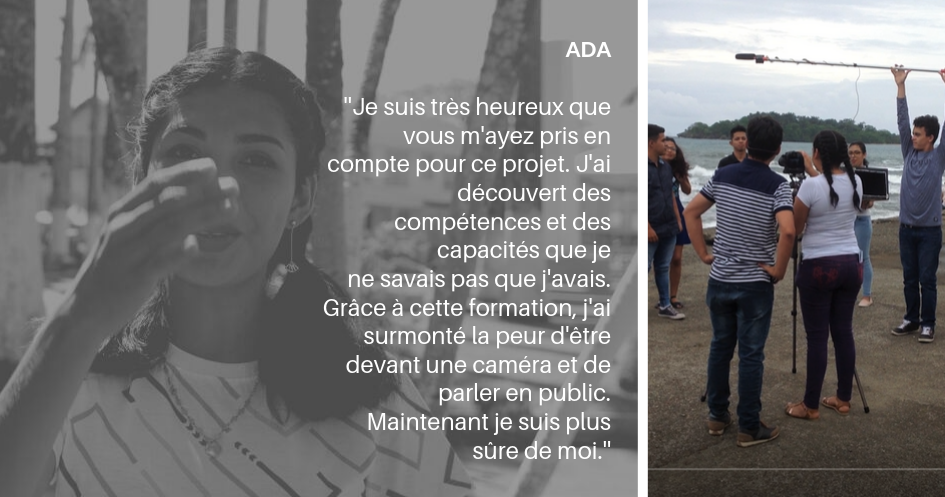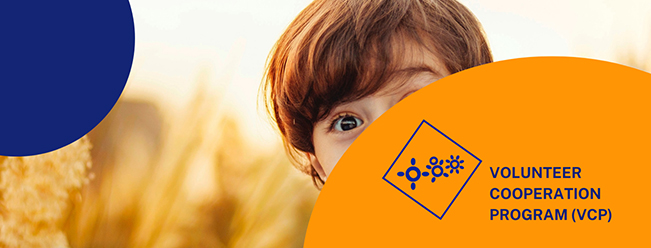
Henry Bautista is currently deployed in Morocco as a volunteer communications advisor and has also undertaken a similar mission in Costa Rica as part of the “Protection of children, women and other vulnerable communities (PRODEF)” project, implemented by the International Bureau for Children’s Rights and Lawyers Without Borders Canada (LWBC), with the financial support of the Government of Canada through World Affairs Canada. This one-year term in Costa Rica took place from May 2018 to May 2019, with the Paniamor Foundation.
During the first months of my mandate, as Communications Advisor for the International Bureau for Children’s Rights at the Paniamor Foundation, I carried out a series of tasks to strengthen the organisation’s external institutional communication: we reorganised the digital communication strategy, changed the way Paniamor’s actions are narrated through storytelling, gave more visibility to success stories and analysed and systematised their best practice.
Over time, my actions have focused on creating a communications strategy for participants in a specific project. We agreed with the Foundation’s management that communication should be given greater value, beyond its operational role as a means of transmitting messages. We wanted to highlight its potential for dialogue and transformation to achieve processes of citizens’ training and collective coordination with the aim of achieving global social change.
During the assessment of the activities, we detected that the communication had enabled us to create trust environments between the young participants of the Trayectorias Juveniles project. This led to the idea of holding a workshop on participatory communication as part of the project’s training programme.
In this 36-hour workshop entitled Communication Tools: The Participatory Social Video, 24 young people (17 girls and 7 boys) took part in the activity, which had the theme of practice-based learning. The workshop was conducted using a constructivist methodology, allowing young people to further explore the world around them, to reflect on their own experiences, and to achieve their own goals. Topics covered included: the differences between conventional and alternative communication; the mapping of local media; introduction to community social video; introduction to audiovisual language (the expressiveness of shots and composition); video pre-production (ideation and storytelling) and its production.

Despite the great potential of this medium, it is important to note that videography is not an end in itself. This working tool transformed the workshop into a mediation of very diverse processes adapted to the needs of the project and the youth: social transformation, the strengthening of participation, empowerment support, the promotion of self-esteem and creativity, the promotion of freedom of expression, among others.
Through this workshop, the youth group had a space to share their own ideas in a spontaneous, creative and timely way in the era of digital communications. Following these meetings, they made a short video summarizing their participation in the project.
My mandate in Costa Rica ended in May 2019 and although I was not able to be physically present during the memorable graduation ceremony after the programme (see article here), the young people of Trayectorias Juveniles managed to share their joy and gratitude through social media, and to share with me the emotion and personal satisfaction they had felt. As a volunteer cooperant, I would like to say that our mandates and actions do not have an expiry date, the work done during the mandate continues to be carried out by those who have benefited from it. Each small change, individual or collective, that occurs in following generations leads to lasting changes over time.
(Story by Henry Bautista)



